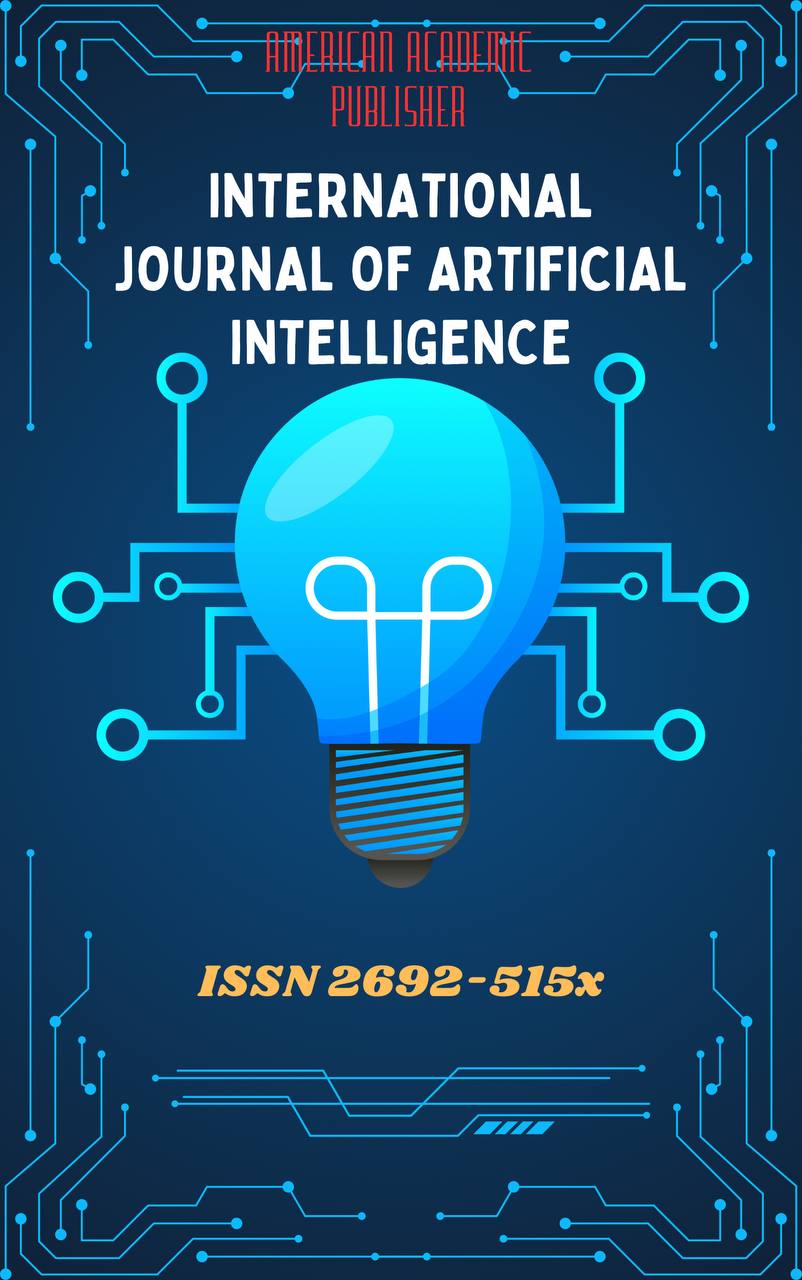 Articles
| Open Access |
Articles
| Open Access | USING ICT-BASED APPROACHES TO EXPAND ENGLISH VOCABULARY SKILLS
Tuliboyeva Nilufar , 3rd year student of the Department of English language and literature at the Ellikkala Pedagogical Faculty, Ajiniyoz Nukus State Pedagogical InstituteAbstract
In the digital age, Information and Communication Technologies (ICT) have emerged as transformative tools in language education. This paper explores the effectiveness of ICT-based approaches in enhancing English vocabulary acquisition among secondary and university-level students. Through a combination of digital platforms, mobile applications, and online resources, learners were exposed to interactive and personalized vocabulary instruction. The study, conducted over an 8-week period, revealed significant improvements in learners' lexical knowledge, retention, and contextual usage. The findings affirm that ICT integration fosters autonomous learning and improves language outcomes.
Keywords
ICT in education, English vocabulary skills, digital learning, language acquisition, e-learning tools, student engagement, mobile learning, interactive platforms
References
Nation, I.S.P. (2013). Learning Vocabulary in Another Language. Cambridge University Press.
Godwin-Jones, R. (2015). Emerging technologies: The evolving roles of language teachers: Trained coders, local researchers, global citizens. Language Learning & Technology, 19(1), 10–22.
Stockwell, G. (2013). Technology and Motivation in English-Language Teaching and Learning. Cambridge Handbook of Technology and Language Learning.
Kukulska-Hulme, A. (2020). Mobile-assisted language learning [MALL]: New insights and challenges. ReCALL, 32(1), 1–20.
Schmitt, N. (2000). Vocabulary in Language Teaching. Cambridge University Press.
Article Statistics
Downloads
Copyright License

This work is licensed under a Creative Commons Attribution 4.0 International License.

